…the one where I take my own advice.

I must be getting old as I’d say that around one in five conversations with friends these days ends up with talk about pensions. I’ve got friends who work in the civil service who will be living their best Saga holiday lives in their retirements and other mates who think they are a load of codswallop. We talk about ISAs, mortgages, Financial Advisor recommendations, bonuses, maternity and paternity leave, house deposits – the lot. Doesn’t it sound like a hoot? I promise that we still discuss boys, who had a baby with who from school, that one time when we ‘did something stupid that I won’t disclose on my public blog‘ and the best bikini line removal techniques, but more and more our finances creep into the conversation.
Honestly, I think it’s a good thing. It’s a way of sharing advice and tips and experiences that can be really important and life-shifting if put into practice. Sometimes I feel reassured by our chats and other times I feel like they put a rocket up my bum; either way they are helpful. The most helpful tip of all, which I finally succumbed to after being the only one sitting around the table without it – Monzo. No, no this is not a sponsored post, just a post to say that it’s as flipping good as everyone says that it is and it’s aided me immensely when it’s come to budgeting and keeping on top of my spending. I’ll save you the spiel, but it’s basically an account that you can put money into and then use like you would any other bank card; it’s all controlled through an app when you can categorise your spending, set limits, make saving pots and overview the whole thing at the end of the month. Completely genius. It’s even more genius if you’re freelance or working for yourself, which are both occasions where you can feel like your grip is a little loose on your money habits for a whole host of reasons, as it really helps you to tighten everything and get a magnifying glass out on your finances.
I’ll leave the Monzo worshipping there (final tip: Ask a mate for their referral code so that they get £5 and you get £5 into your account for joining), but I thought it might be worth putting fingertips to keyboard on a post about how I organise my money. Maybe the steps below are insightful and maybe they not. Or maybe it will just provide an look into the riveting chats I have with friends. COME AND PARTY WITH US…

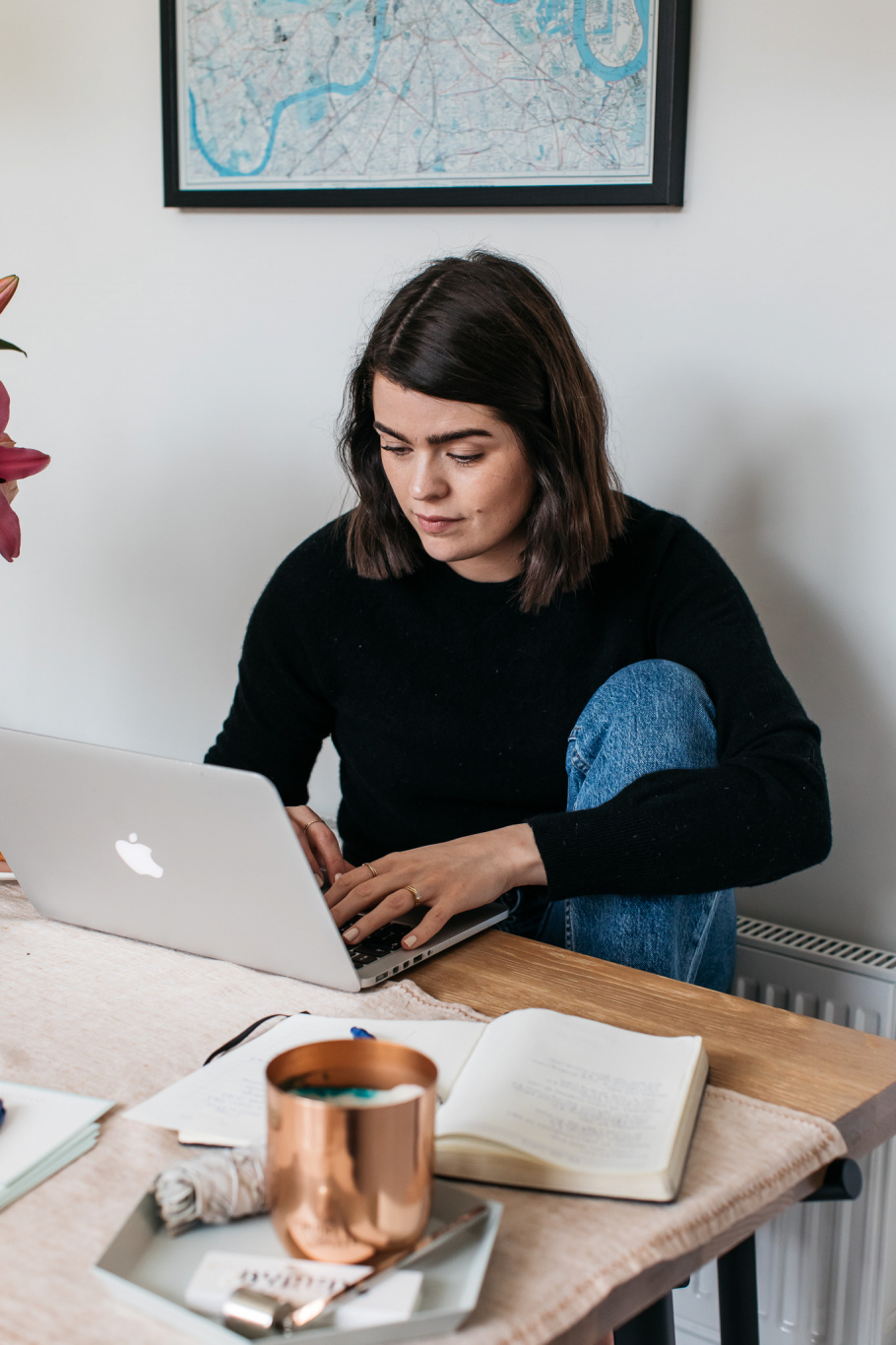
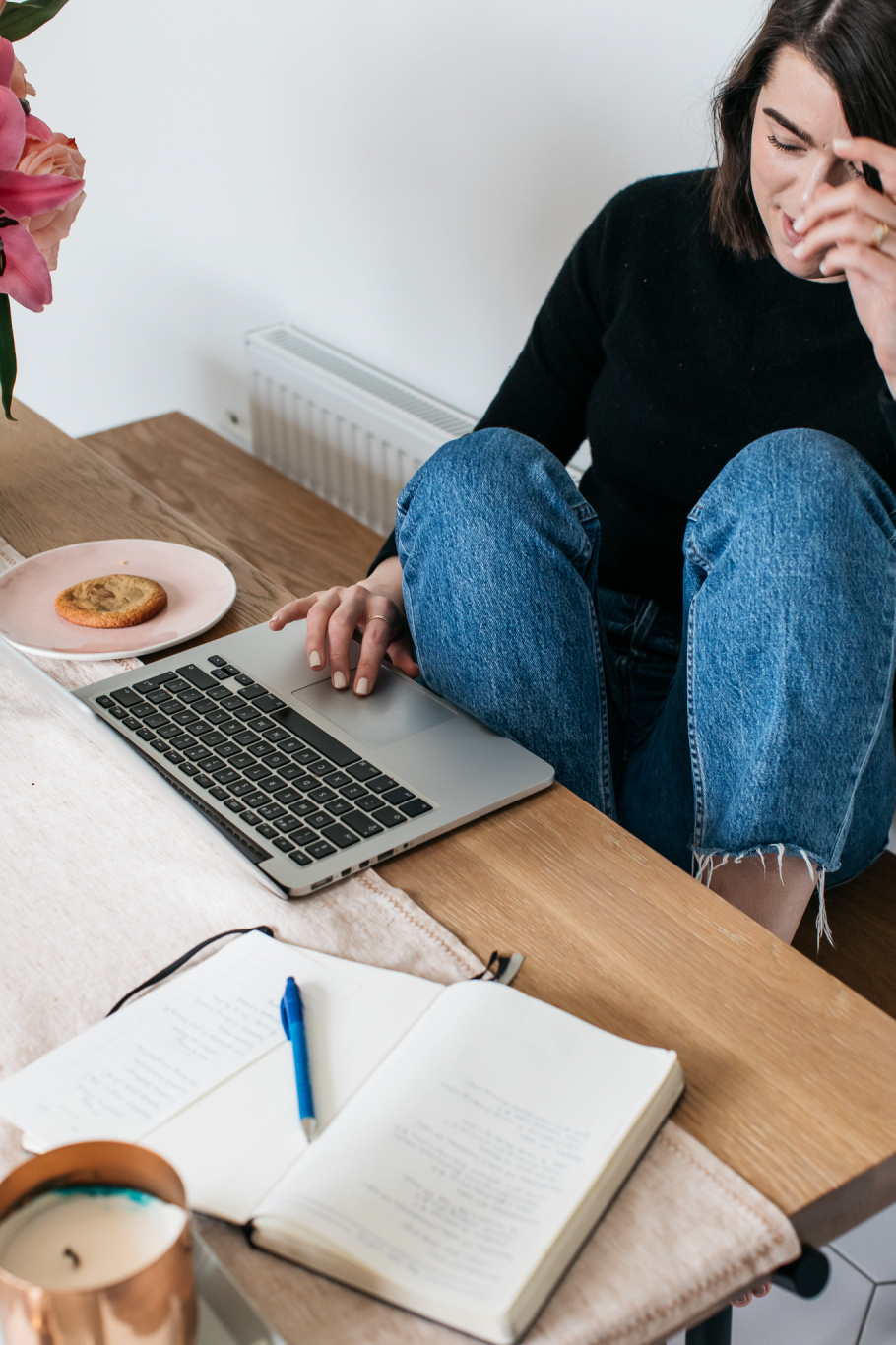
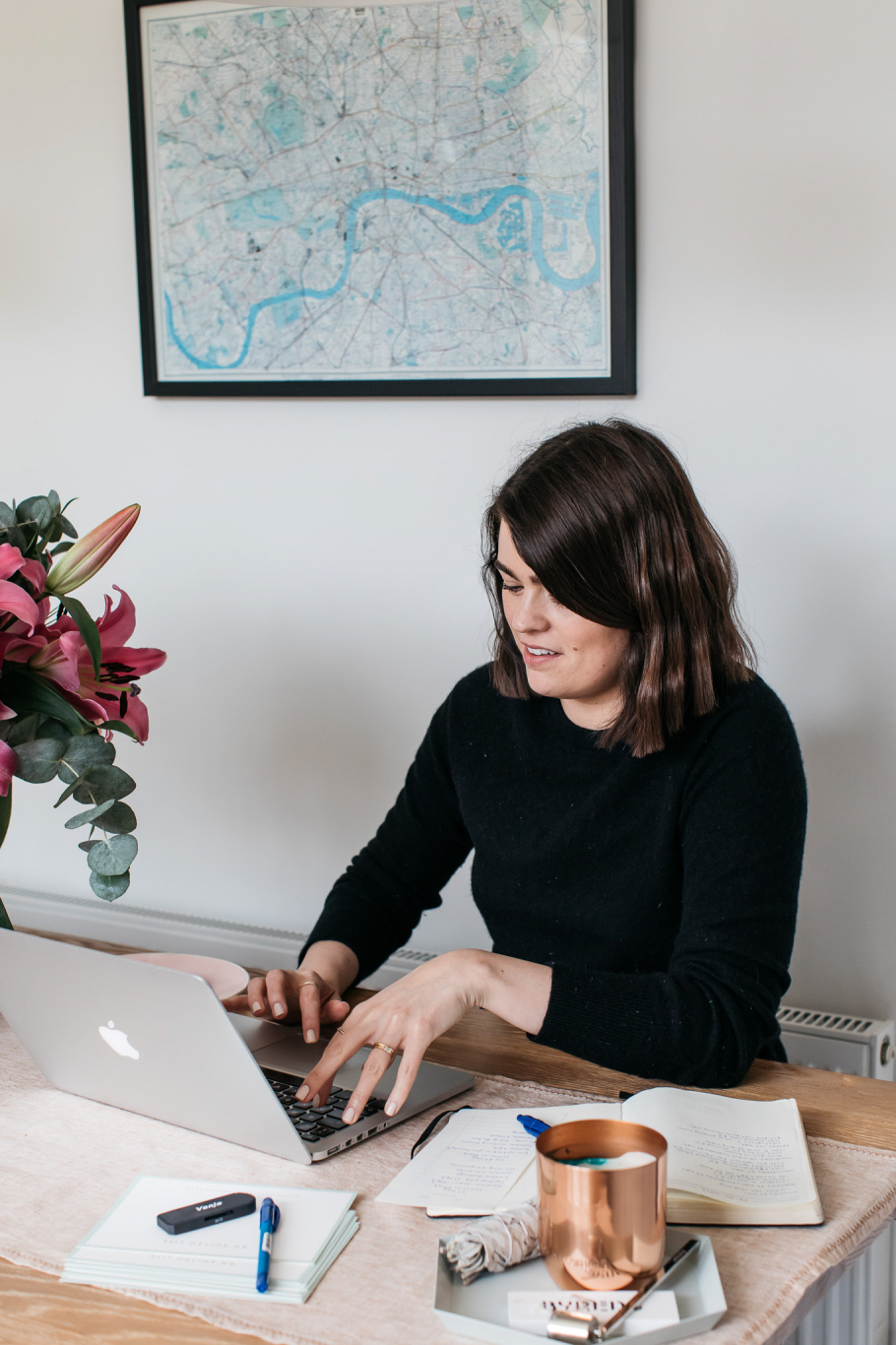
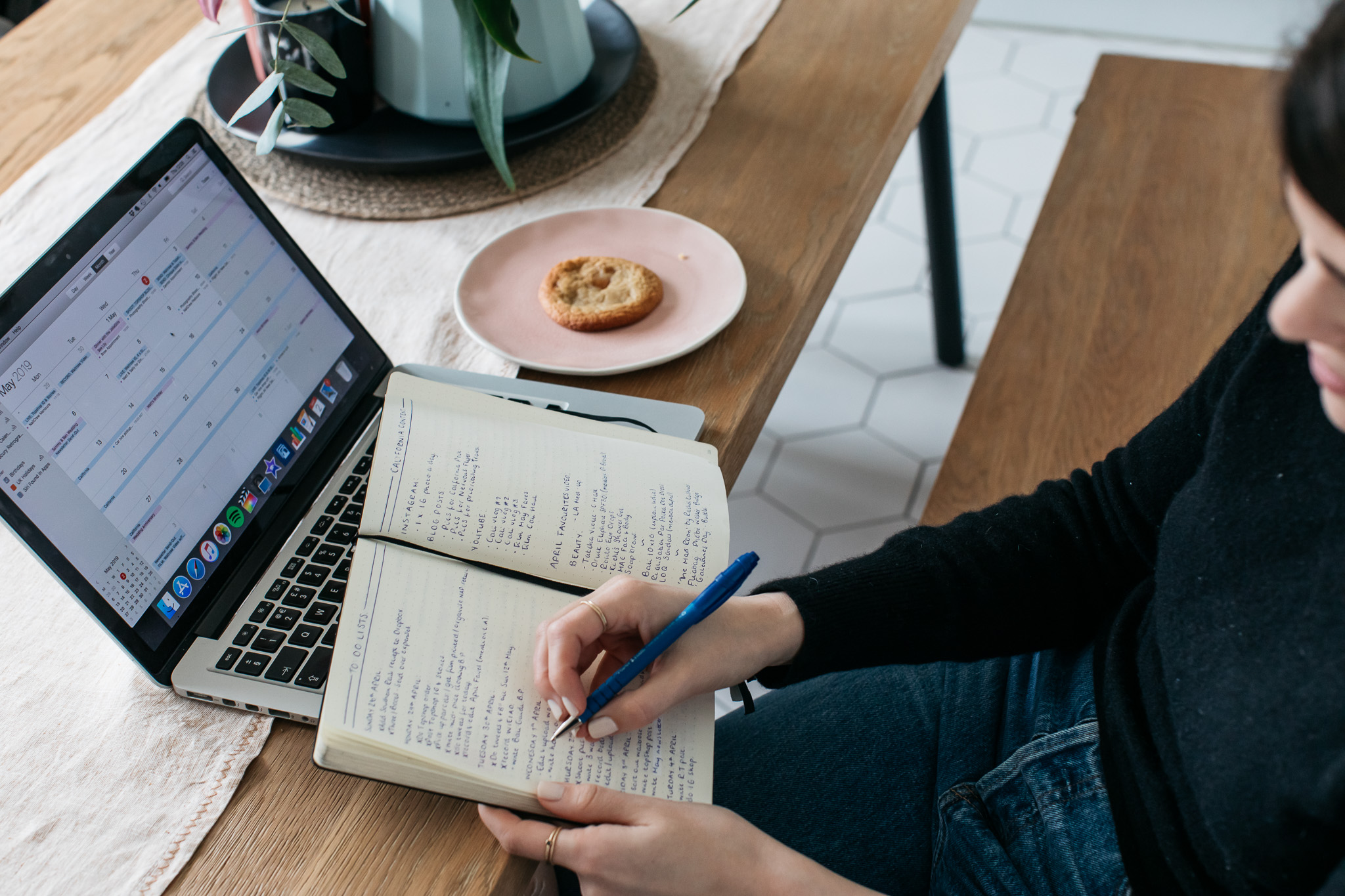
HOW I ORGANISE MY FINANCES
1. Make a yearly estimate of income. Now this one is tricky and has taken me seven years of working for myself to get to, but I can now roughly estimate my yearly income. Emphasis on the ‘roughly‘ – who knows what the hell the Instagram algorithm has around the corner, eh? It might not be possible for you currently, but taking into account your earnings from previous years and trying to pin point any patterns is *so* ridiculously helpful and can help you to create an estimate for your earnings for the next financial year. Although it might be nice for your motivation levels to create a figure that feels like a challenge, when it comes to your bank account it’s better to be realistic and cautious.
2. Set aside money for bills. One thing that you can accurately estimate is how much money you need to cover your mortgage or rent and monthly reoccurring bills. Mark and I pay this into a joint account that pays for both of these, along with additional costs that crop up like car insurance, parking permits, T.V license – all those fun things. We each know we need to put in a certain amount to pay everything off, and we put in a little more than we need if possible just to beef it up for any miscellaneous payments that have a cute habit of saying hello. How you pay this amount into whatever ‘bill paying account’ you have is going to depend on how you get paid – monthly, when invoices come through, four-times a year, whatever – so work out how and when it’s best to send that across, but I like to do it in as big and few chunks as I can, just so I know that it’s accounted for (and it’s not in my account and available to put towards the BRILLIANT Net-A-Porter sale*.
3. Set aside money for tax. OH MY WORD THIS IS SO IMPORTANT. I hear of way too many people who skip this step and it makes me feel like an overprotective Grandma who just wants to open the door at passing schoolchildren and yell ‘Pay your taxes kids!!‘. This is another cost that is easy to estimate as you earn and so there are no excuses. A good Accountant can help you keep tabs on how your tax return will shape up at the end of the financial year, so make sure that you’re putting aside your personal tax liability as you earn. Whenever I am paid, I do the quick maths and put a percentage of that cheque into a current savings account, which is where I pay my tax from and I don’t touch it throughout the year. Simples. Make it easy for yourself by doing the same and having a clear and separate account that holds onto this money for you, so that it’s there when the tax bill comes through.
4. Set aside money for savings. So you’ve cut out a chunk of your pay cheque for your monthly bills, your tax and now it’s time to do another chunk, but this time for your savings. The number that you’re aiming for here is going to shift, depending on what your personal saving goals are, but seeing as we’re currently in ‘saving for a house – OH DAMN WHY ARE THEY SO EXPENSIVE’ mode, this is something that we’re really trying to prioritise. You’re going to have to skip ahead a step here and balance out the amounts that you’d like to save and have in your current account to dip into for your disposable income, but if you too are in the same savings-centric boat, then plough as much money as you can into a savings account that has both a good return and is relatively easy to remove your money from (freelancer insurance, innit?). I’d recommend speaking to a Financial Advisor, who’ll be able to suggest what’s best for you, your money flow and personal goals. Perhaps it’s ploughing as much as you can into an ISA, or opening up a Premium Bonds account? Just pausing here, because WOW I FEEL LIKE A REAL ADULT. Am I officially an adult now I’ve written about ISAs? Moving on…
5. What to do with the rest. There is money leftover? YAY. This is the slug that I pay into my Monzo account. Aside from food, it pays for travel, holidays, workouts, health stuff and my daily Pret Mac & Cheese habit. Some items I need and some that I don’t, but all that can be scaled up or down and I find that using the app to keep track of this type of spending makes me spend less and think about where I can budget more. It’s sometimes eye-opening, sometimes jaw-dropping – but always helpful. If there’s anything left over at the end of the month then I send it straight into my savings as an additional bump-up and then we start back at step two. BEING AN ADULT IS FUN.
Photos by Emma Croman
‘An Edited Life’ is now available to purchase worldwide HERE


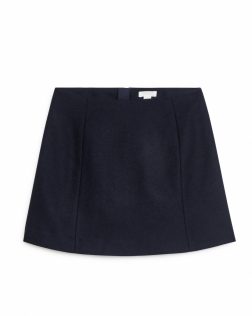
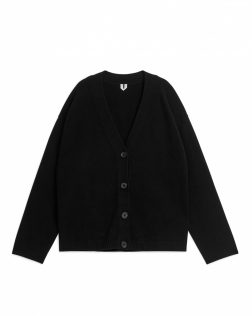
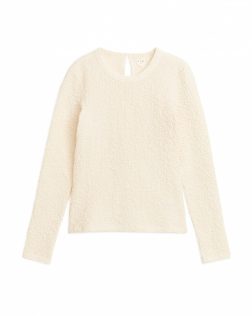
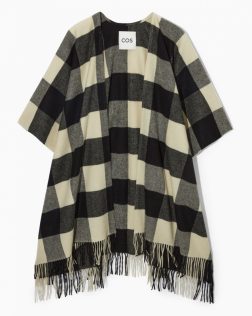
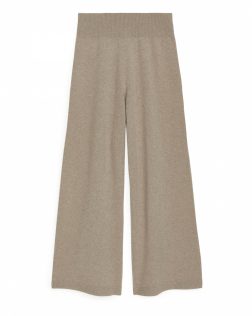
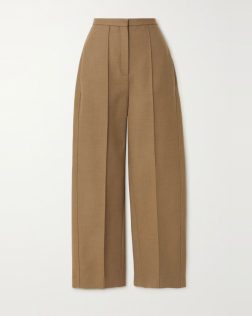
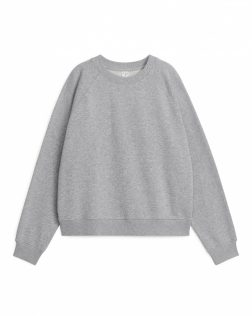
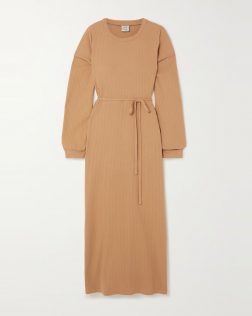




Comments